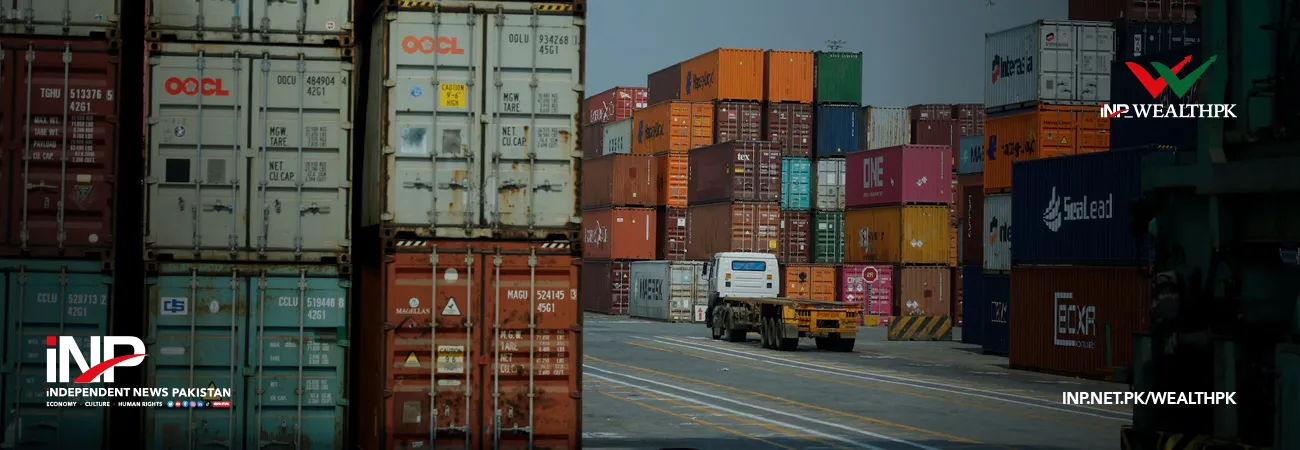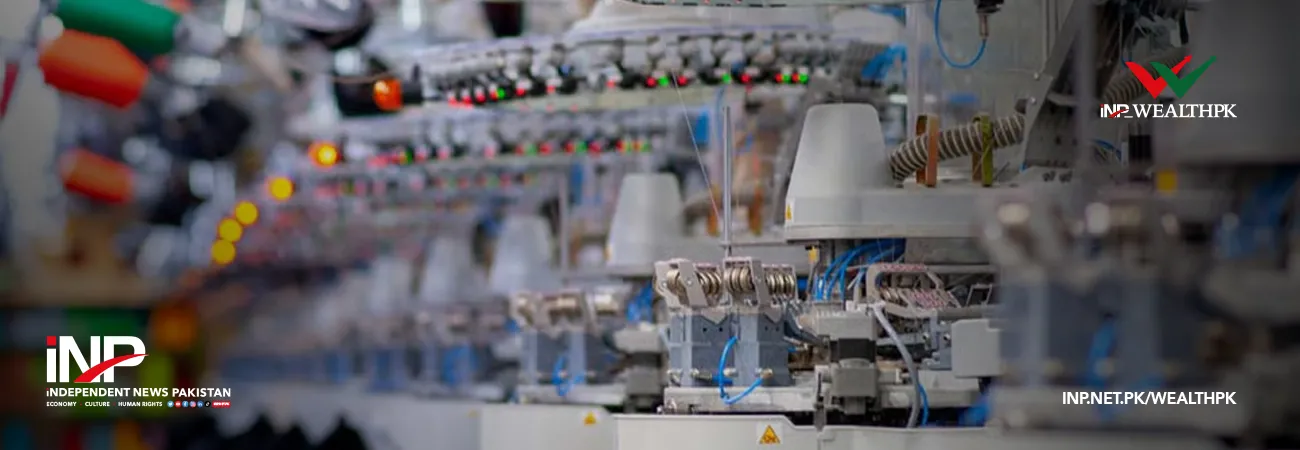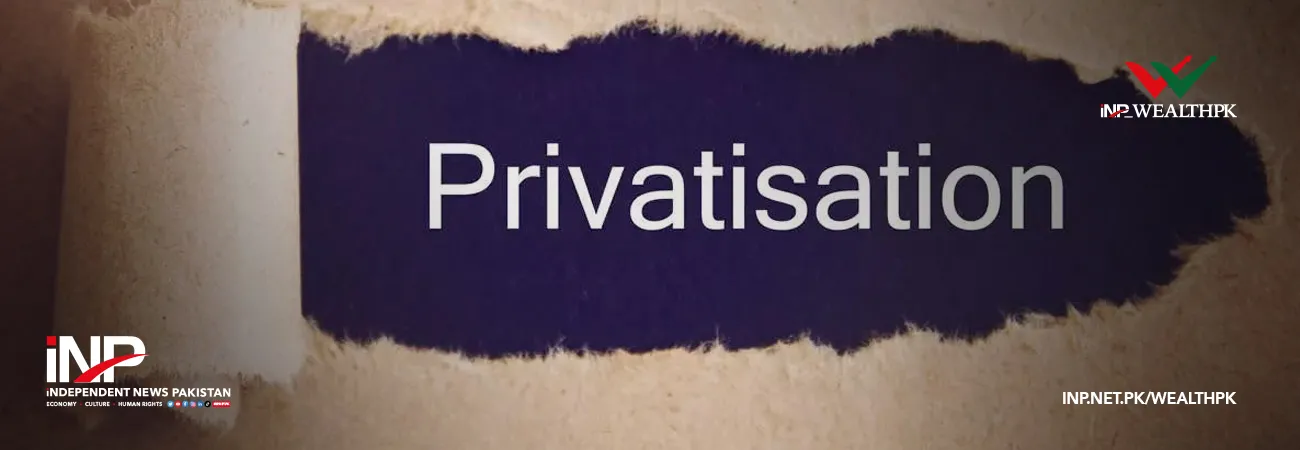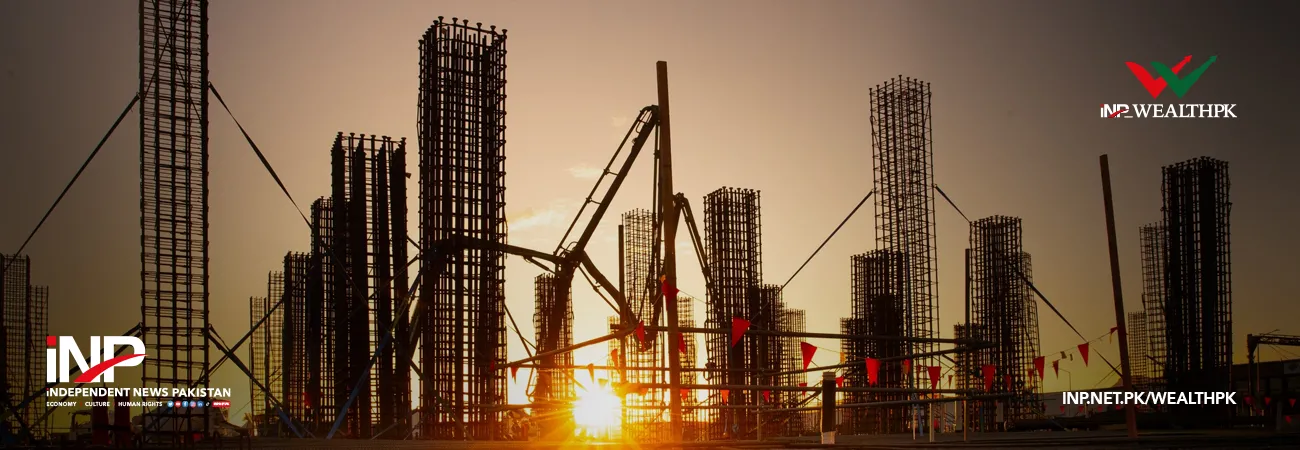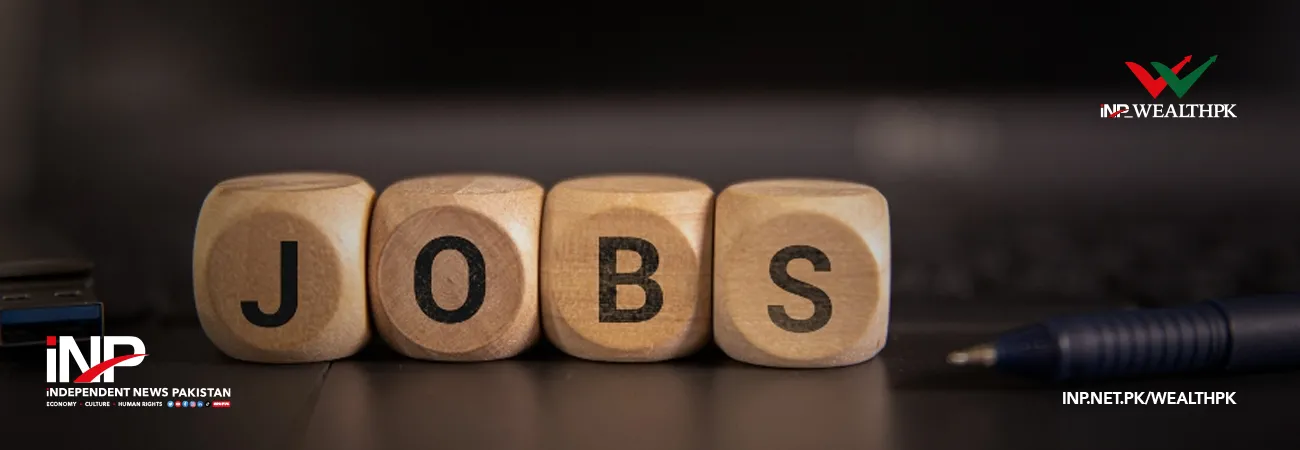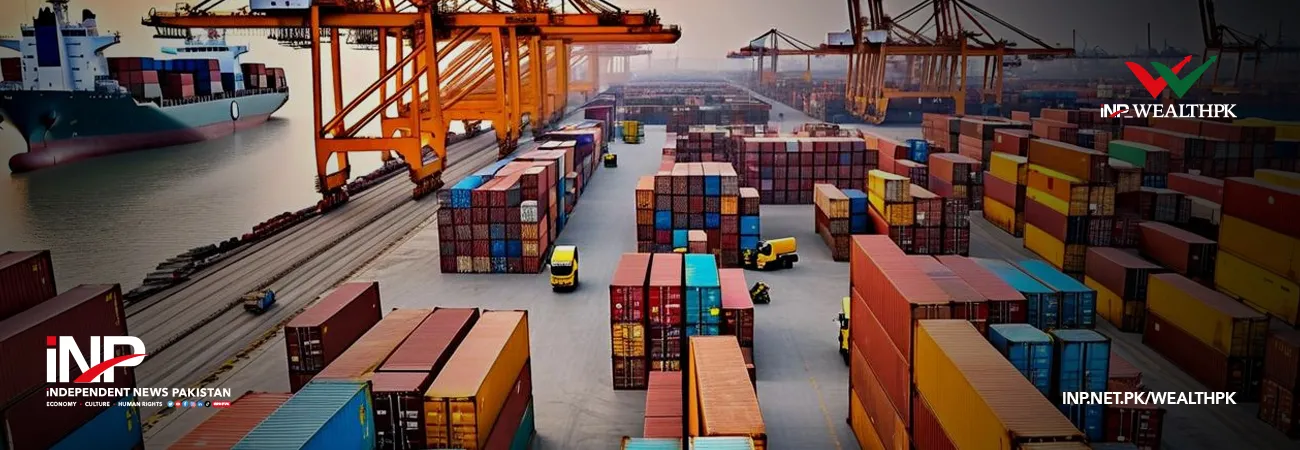INP-WealthPk
By Muhammad Asad Tahir Bhawana ISLAMABAD, June 13 (INP-WealthPK): Industries in Pakistan need incentives from the government in the face of increasing petroleum prices which have rendered the export products less competitive in the international market owing to increased cost of production. Oil is used for transportation to supply goods and run oil-based production units. An increase in its prices directly affects the cost of production. Moreover, the rise in oil prices raises the general price level in the country. The microeconomic impacts of the rise in oil prices can be observed by each individual who is either directly or indirectly affected. Owing to the rise in gasoline prices, a huge amount of household income is spent on it and leaves little to spend on other goods and services. The same effect goes for a business whose goods are shipped from one place to another through an arrangement that needs fuel. Higher fuel prices raise the cost of production, which ultimately makes the goods expensive for consumers. The macroeconomic effects of rising oil prices are also worse. Any increase in petroleum prices raises the price levels and causes inflation in the country. Surge in gasoline prices indirectly affects the manufacturing process, leading to lower production and affecting the country's growth. Pakistan produces around 60% of its energy from thermal power plants. These power plants are run on fuel. The increase in fuel prices directly increases the electricity costs in the country. Many industries that use electricity, like textile industry, are badly affected by it. Omar Farooq, owner of a unit that produces textile-related goods such as T-shirts, trousers, and pants, told WealthPK that the current rise in the prices at the general level is led by the rise in oil prices. “Running a business has become difficult nowadays because input prices are high, which shortens the profit. The demand for products is also declining due to the high inflation rate in the country. Unable to bear the pressure of high production cost, the owners tend to shut down small production units, which affects the country's growth rate,” he stated. The industries of Pakistan showed growth in their exports during the current fiscal year. For instance, textile exports increased by 25%, sports goods 17%, footwear industry 21%, and leather manufacturing industry 9%. All these industries are linked directly or indirectly to the consumption of gasoline. A rise in its prices will eventually raise the input cost, and the product will become expensive in the international market. Those industries that are benefiting by increasing their exports led by the rupee depreciation are now facing challenges owing to the higher prices of their products in the international market. It is becoming difficult for these industries to compete with countries producing the same goods with less input cost. It is now a crucial time for Pakistan’s exporters to stay competitive in the international market. They need support from the government to minimise the cost of inputs of the export products so that goods from Pakistan can compete in the international market. If quick actions are not taken by the government, Pakistan will lose a huge amount of earnings from exports which may worsen the current account deficit.





